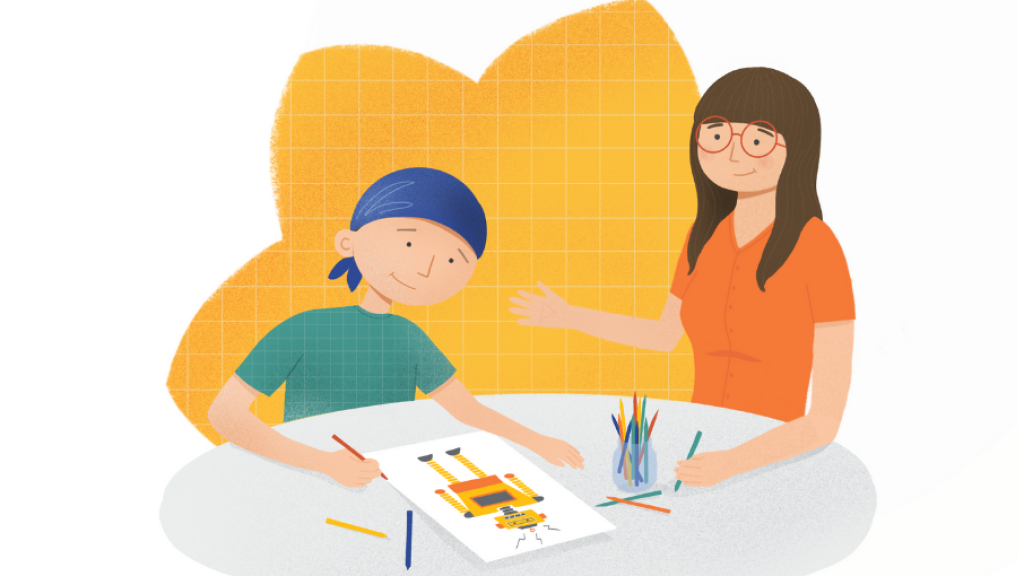Cancer in the classroom

Support for teachers
Cancer in the classroom
When anyone in a school community is affected by cancer, education providers have an opportunity to support children and young people.
Cancer in the classroom is a guide for school staff, and can also be used by youth workers or childcare professionals.
It is important to remember that each cancer experience is different: everyone navigates it differently. The information can be adapted to suit both primary- and secondary-level settings.
Our Support Line nurses can also give advice to parents, educators and youth workers on all types of cancer, coping, supports available and more. Our Support Line is free to call on Freephone 1800 200 700.
- TIP: To watch a video full screen, click the play arrow on the video, and then click the white square [ ] symbol in the lower right hand corner of the video.
- TIP: Make sure to accept cookies if you'd like to watch the videos. Just click the black-and-white cookie button in the lower corner of the screen.
Cancer in the classroom 1:
Introduction
Cancer in the classroom 2:
What is cancer?
Cancer in the classroom 3:
How we react
Cancer in the classroom 4:
Establishing open communication
Cancer in the classroom 5:
When a child in your class has cancer
Cancer in the classroom 6:
When an adult family member has cancer
Cancer in the classroom 7:
Monitoring the child's behaviour
Cancer in the classroom 8:
Irish Cancer Society supports
Cancer in the classroom 9:
Self-care
Cancer in the classroom
as Gaeilge
Learn more about cancer in children and young adults, and the information and supports available from the Irish Cancer Society for young patients and their families.
For more information
Phone
1800 200 700
